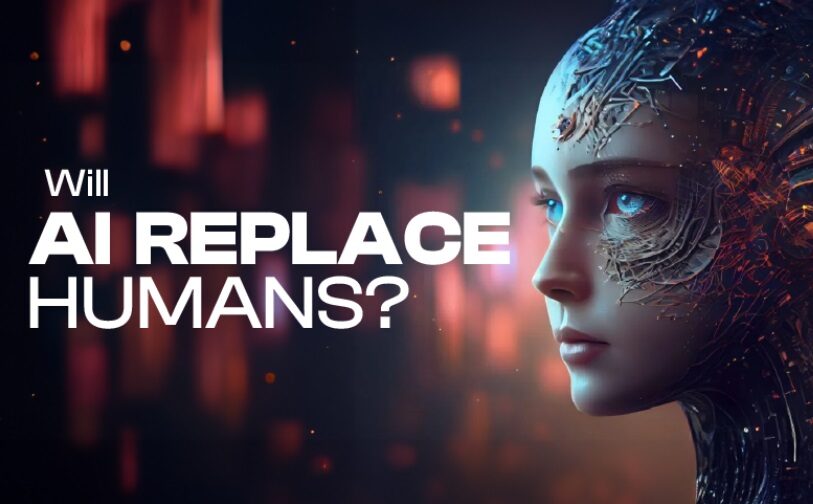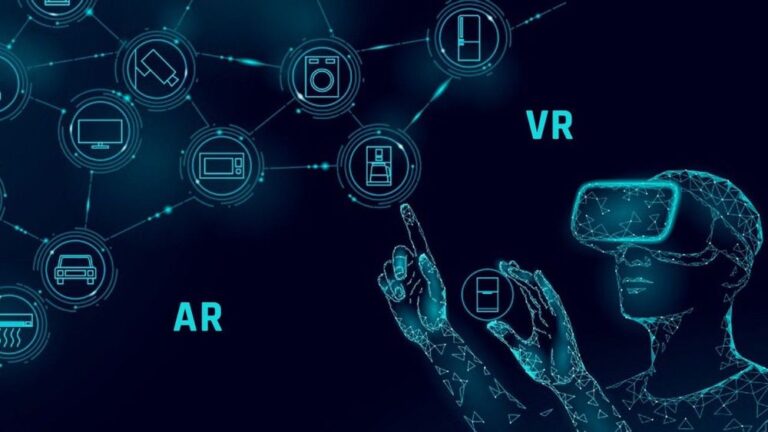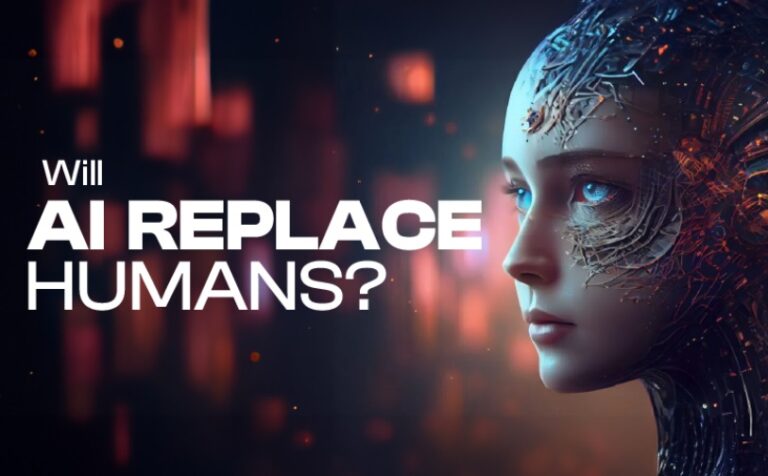
Will AI Replace Human Jobs? The Truth Behind the Hype
Artificial Intelligence (AI) has become a driving force behind innovation, transforming industries from healthcare to finance, retail, and manufacturing. As the technology continues to evolve rapidly, one question echoes across workplaces and social media alike: Will AI replace human jobs?
The fear of machines taking over human labor isn’t new—it dates back to the Industrial Revolution. However, with the rise of intelligent automation, machine learning, and generative AI tools like ChatGPT, this concern has reemerged with greater urgency. While it’s true that AI will significantly alter the job landscape, the full picture is far more nuanced than mere replacement.
The Origins of the Fear
Historically, every wave of technological advancement—whether it was the steam engine, electricity, or the internet—disrupted existing job markets. Many roles became obsolete, but new ones emerged. AI, with its ability to learn, reason, and perform tasks once reserved for human intelligence, is unique because it’s not just replacing muscle—it’s beginning to replicate mental labor too.
Jobs Most Likely to Be Affected by AI
AI is particularly effective in areas that involve repetitive, rule-based, and data-driven tasks. Here are some job categories that are most susceptible:
- Administrative and Clerical Work: Data entry clerks, scheduling assistants, transcriptionists
- Customer Service: AI chatbots and voice assistants handling basic support tasks
- Manufacturing and Warehousing: Automation of assembly lines and logistics
- Basic Financial Services: Invoice processing, loan screening, fraud detection
Jobs Least Likely to Be Replaced
Despite its strengths, AI has clear limitations. It lacks emotional intelligence, creativity (in a human sense), ethics, and the ability to navigate complex social contexts. Roles that require these human traits are much harder to automate:
- Creative Professions: Writers, designers, filmmakers, artists
- Healthcare Professionals: Doctors, nurses, therapists
- Skilled Trades: Electricians, plumbers, mechanics
- Education and Human Development: Teachers, counselors, coaches
The Role of AI in Augmenting Human Work
Instead of replacing workers, AI is increasingly being used to augment them. This means humans and machines working side-by-side:
- Journalists use AI for research and editing
- Doctors use AI for diagnostics and analysis
- Customer support reps rely on AI to handle FAQs
This augmentation can lead to higher productivity, reduced errors, and better decision-making.
The Emergence of New Jobs
As AI eliminates some roles, it also creates new ones. According to the World Economic Forum, AI will displace around 85 million jobs by 2025, but it will also create 97 million new ones, including:
- AI trainers and ethicists
- Data analysts and engineers
- Cybersecurity experts
- Human-machine team managers
- Prompt engineers for AI tools
How to Future-Proof Your Career
If you’re concerned about your job’s future, consider these strategies:
- Embrace Lifelong Learning: Upskill through online platforms like Coursera and edX
- Develop Soft Skills: Focus on emotional intelligence, communication, adaptability
- Focus on Creativity and Problem-Solving: Traits that machines cannot replicate
- Learn to Work with AI: Use tools that increase your productivity and efficiency
Conclusion: Adaptation, Not Replacement
While AI will undoubtedly reshape the workforce, the idea that it will lead to mass unemployment is overstated. History shows that disruptive technologies usually lead to job transformation—not elimination. The key difference today is the speed of change.
For individuals and organizations alike, the challenge lies not in resisting AI, but in adapting to it. By upskilling, embracing new tools, and focusing on uniquely human strengths, we can build a future where AI doesn’t replace us—it empowers us.


